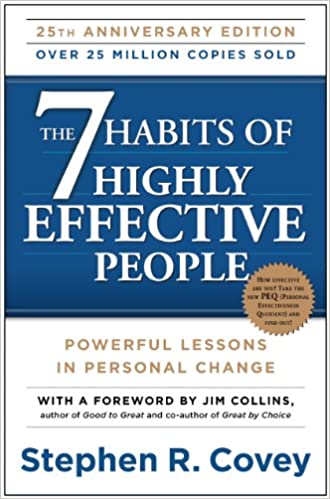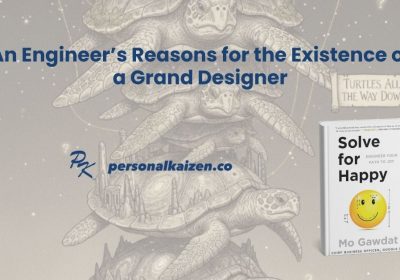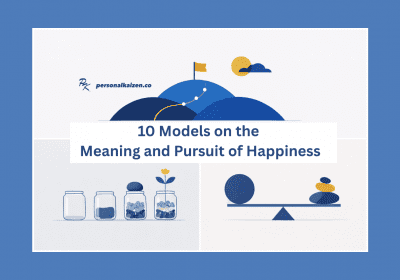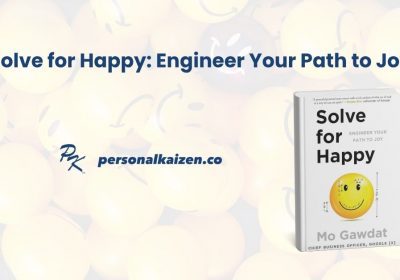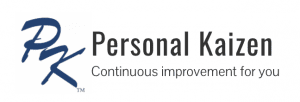Rule 3 of our “10 Rules for Life” is to Be Proactive.
“Be Proactive” is also Habit 1 in Stephen Covey’s The 7 Habits of Highly Effective People.
Whenever something impacts you, YOU are in control of the response. Effective people choose to take the initiative and act back.
The key lesson in Habit 1 is understanding whether you control, influence, or only have concerns about an issue or impact on your life.
One of the keys to a happy life is not wasting any of your time worrying about things that happen in your life you have no control or influence over.
The Three Circles
Look at the three circles in the image below. Everything that impacts you is in one of these circles. Anything that happens outside of these circles does not concern you.
The outer circle of concern includes everything that impacts you. Some areas of the outer circle are areas where your choices have a direct impact – this is your circle of influence. The inner-circle represents matters you directly control.
Productive people exert effort in their Circle of Influence.
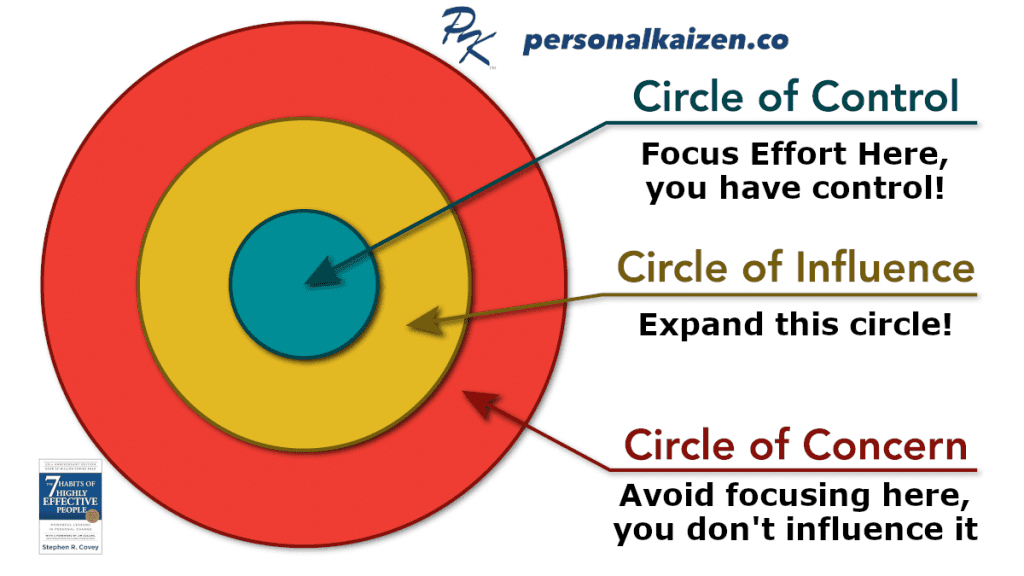
Circle of Control
Be proactive in the areas you have direct control over. These areas include:
- Where you live and work
- What you buy, read, listen to, and watch
- What time you go to bed and get up in the morning
- If you eat healthy foods and exercise
Making the best choices won’t always be easy, but you are in charge.
Circle of Influence
Being proactive in your Circle of Influence will help you become more influential, but there will still be areas that you do not fully control:
- Your health
- A job promotion or business success
- Local politics
For example, eating healthy foods and exercising regularly will influence your health, but healthy people still get sick. Being nice to someone influences whether they will like you, but it doesn’t guarantee it!
Becoming a more effective person will expand your Circle of Influence. For example, leading a team gives you more influence than if you are just a member of the team.
Circle of Concern
Avoid the negative energy of focusing on areas that concern you but you don’t influence. Examples include the weather, the news, and the economy.
Reactive people will often blame or complain about these concerns. This wastes time and shrinks their circle of influence.

